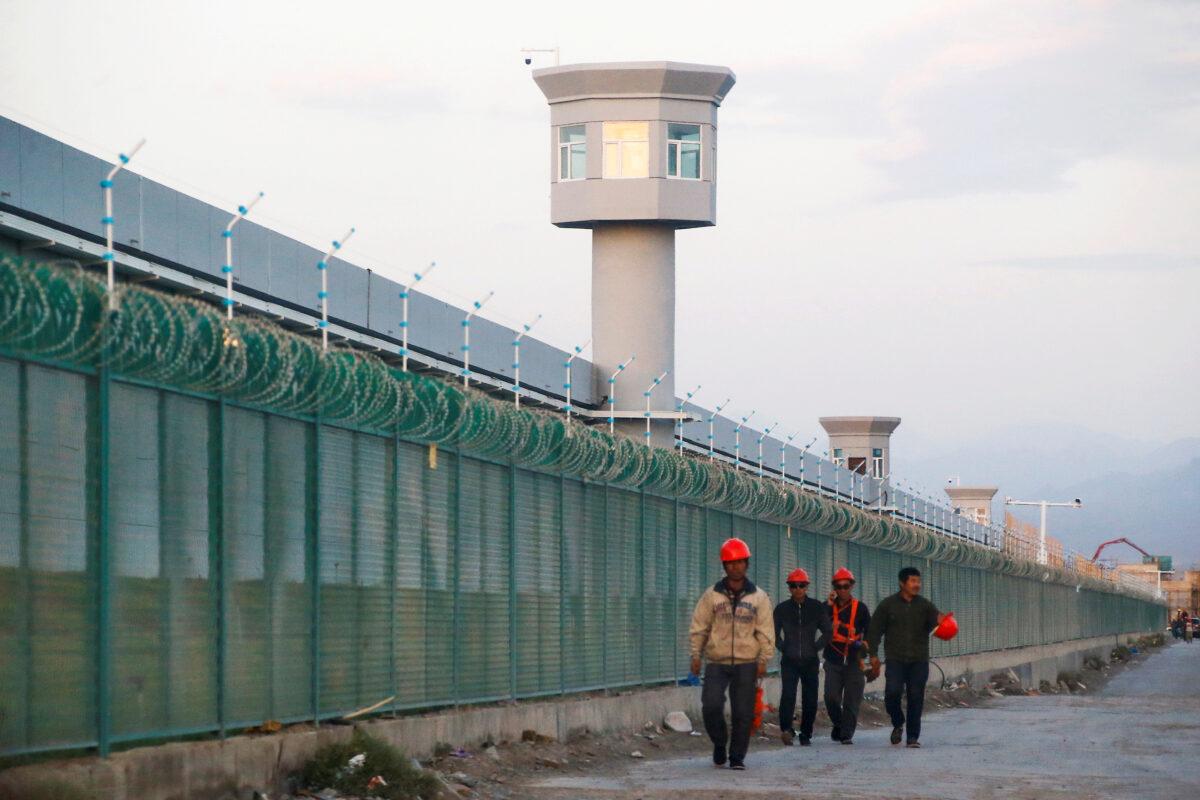WASHINGTON—President Donald Trump signed legislation on Wednesday calling for sanctions against those responsible for the repression of Uyghurs in China’s Xinjiang province, the White House said in a statement.
Trump said in a statement: “The Act holds accountable perpetrators of human rights violations and abuses such as the systematic use of indoctrination camps, forced labor, and intrusive surveillance to eradicate the ethnic identity and religious beliefs of Uyghurs and other minorities in China.”
The law, which passed the U.S. Congress nearly unanimously, was intended to send China a strong message on human rights by mandating sanctions against those responsible for the oppression of members of China’s ethnic minorities.
The United Nations estimates that more than a million Uyghurs, the majority of whom are Muslim, have been detained in camps in Xinjiang.

Trump also said in his signing statement that some of the bill’s sanctions requirements could limit his constitutional authority as president to conduct diplomacy, and that he would regard them as advisory, not mandatory.
The bill authorizes the U.S. government to freeze the assets of individuals and entities found to be responsible for human rights abuses in Xinjiang, as reports of arbitary detentions, forced labor, and organ trafficking crimes continue to fuel grave concerns about the Chinese Communist Party’s policies of “vocational re-education” in the far-west province.





